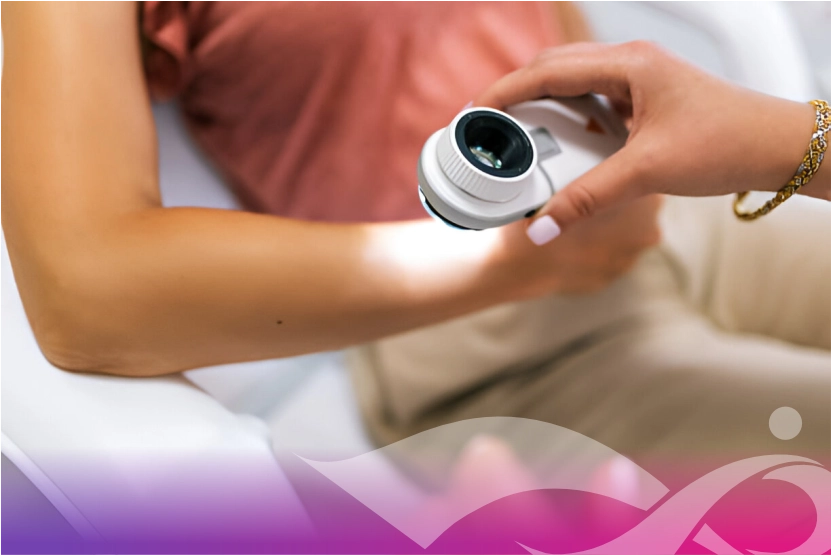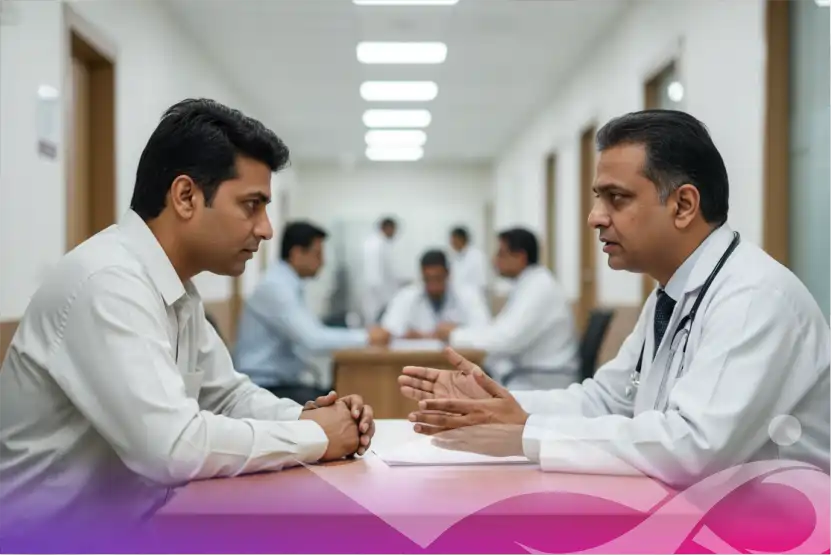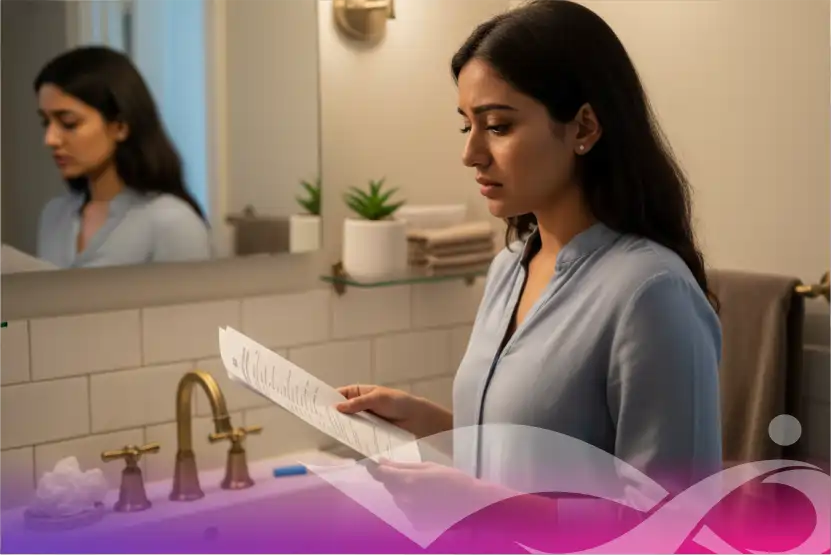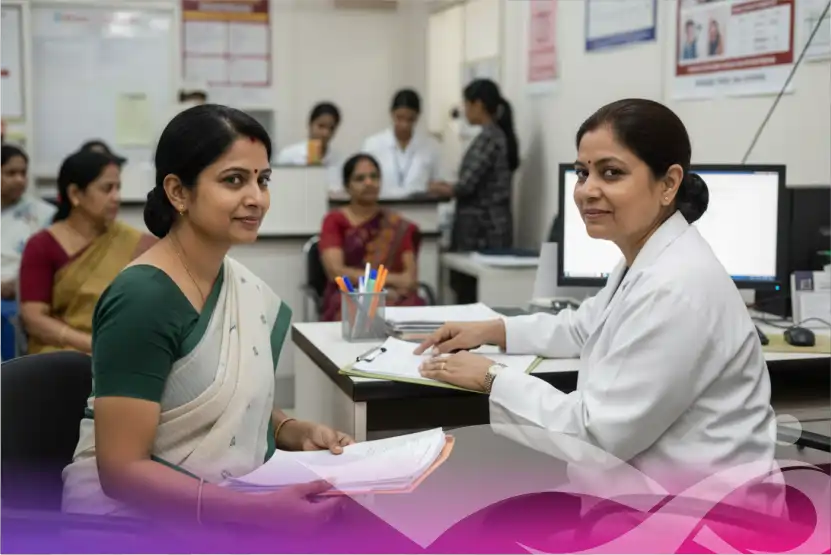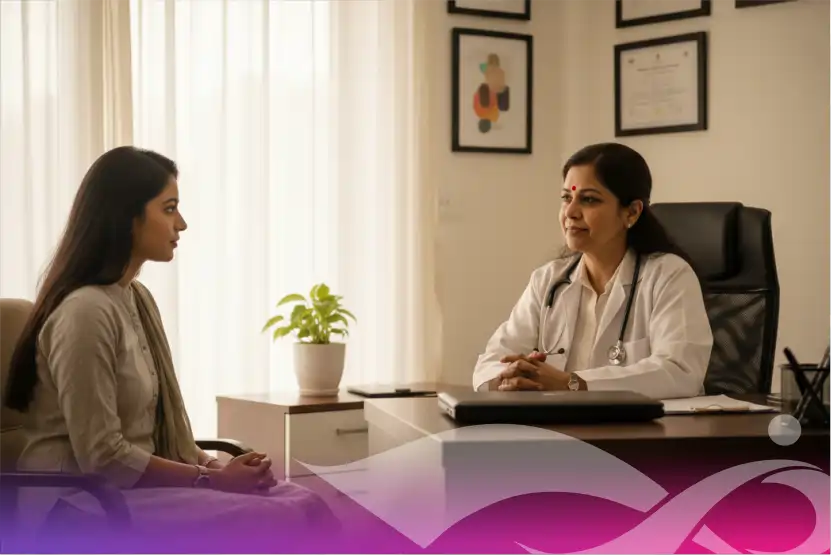- “It’s just a mole. I’ve had it forever.”
- “Skin cancer doesn’t happen to people with darker skin.”
- “I work indoors—I’m safe from sun damage.”
At IOCI, we hear these statements more often than we’d like. The problem isn’t that people don’t care. It’s that they don’t know.
And in the case of skin cancer, not knowing can cost time—and sometimes, life.
Let’s clear up the confusion. Here are some of the most common myths we’ve come across—and the facts you need to stay safe.
Myth 1: Skin Cancer Only Affects Fair-Skinned People
Fact: While people with fair skin may be more sensitive to UV rays, skin cancer can affect anyone.
We’ve treated patients with mouth cancer and throat cancer linked to sun exposure and lifestyle. Melanoma and other skin cancers have been diagnosed in individuals with all skin tones—especially when symptoms were ignored due to this very myth.
Myth 2: You’re Safe If You Work Indoors
Fact: UV rays find their way in—through windows, short walks, and weekend sun.
Cumulative exposure adds up over the years. If you drive daily or sit by a window at work, sun damage can still affect your skin, especially on the face, neck, and arms.
Wearing sunscreen indoors is not excessive—it’s protective.
Myth 3: If It Doesn’t Hurt, It’s Not Serious
Fact: Skin cancer doesn’t always come with pain.
Many of the patients we see at IOCI come in with moles that looked harmless or patches they thought were allergies.
Early-stage basal or squamous cell carcinomas often appear without discomfort. Don’t wait for pain—watch for changes in size, color, or shape.
Myth 4: Sunscreen Is Only for Summers or Vacations
Fact: Sunscreen is a year-round, daily necessity.
Even on cloudy days, up to 80% of UV rays still reach your skin. And most of the skin damage that leads to cancer happens slowly, over time.
Choose a broad-spectrum SPF 30+ and reapply if you're out for long hours.
At IOCI, we recommend daily sunscreen use, even for patients undergoing throat cancer treatment or radiation on the face.
Myth 5: Skin Cancer Isn’t As Serious As Other Cancers
Fact: Skin cancer can spread and become life-threatening—especially melanoma.
We’ve seen patients ignore small signs until the cancer spreads to nearby tissues or lymph nodes. Early detection makes all the difference.
That’s why we encourage regular screenings at our Best Diagnostic Testing Centers, even for people with no family history.
What We Do at IOCI
At IOCI, we don’t just treat cancer—we work hard to prevent it.
Here’s what we offer:
- Full skin exams and mole mapping
- Biopsies for suspicious spots
- Early-stage surgical and radiation treatment
- Post-recovery skin care and monitoring
- Awareness camps in high-risk communities
Our message is simple: don’t wait for it to look dangerous. Get it checked.
Book your screening or consultation at: Noida, Greater Noida, Mumbai, Indore, Aurangabad, Agartala, Saharanpur, Kanpur and Jodhpur.






